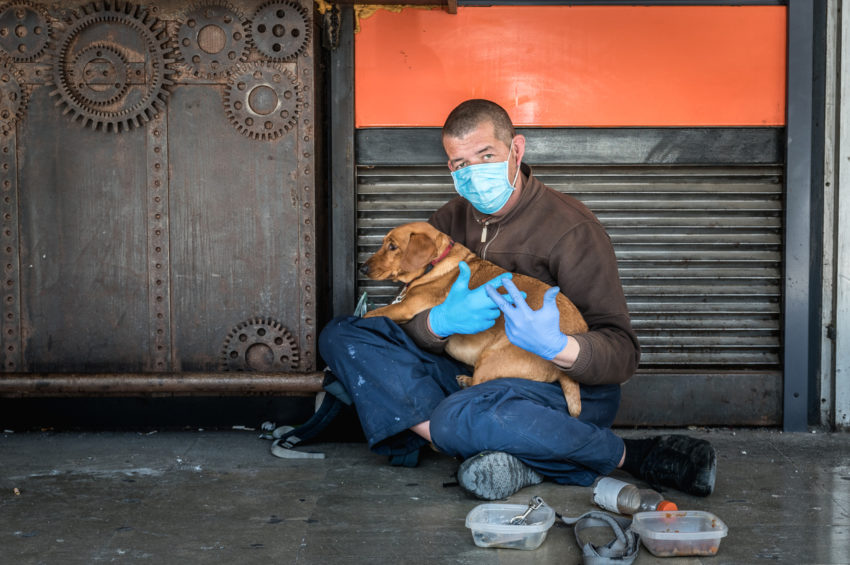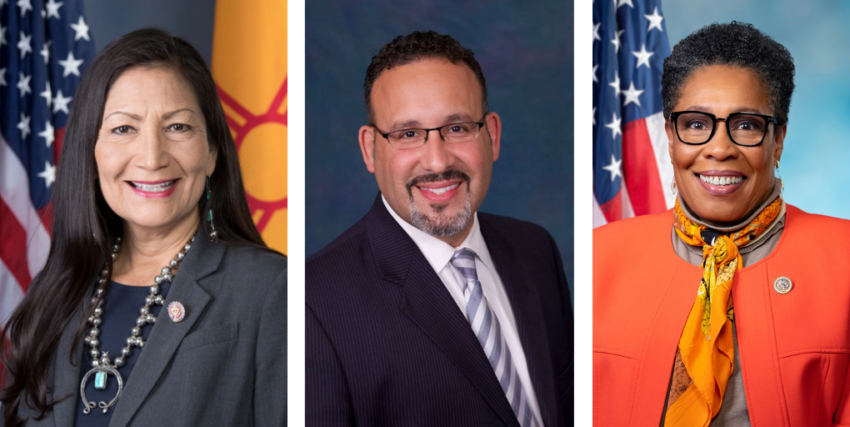What Biden’s New Immigration Plan Means for Latinos
President Joe Biden has vowed to completely reform how the U.S. handles immigration. In the first two weeks of his presidency, Biden has begun taking action to stop the border wall, family separation, support DACA recipients, reverse the public charge rule, and is planning further legislation to create an easier path to citizenship for immigrants. How does Biden’s immigration reform affect Latino immigrants? Let’s take a look at the different immigration policies Biden has in store. Update 3/10/21: Biden's administration stopped enforcing the public charge rule first enforced by Donald Trump's administration, according to CBS News. Update 7/22/21: The US Department of Health and Human Services (HHS) reaffirmed that the public charge rule is no longer in effect and ...
Read More







